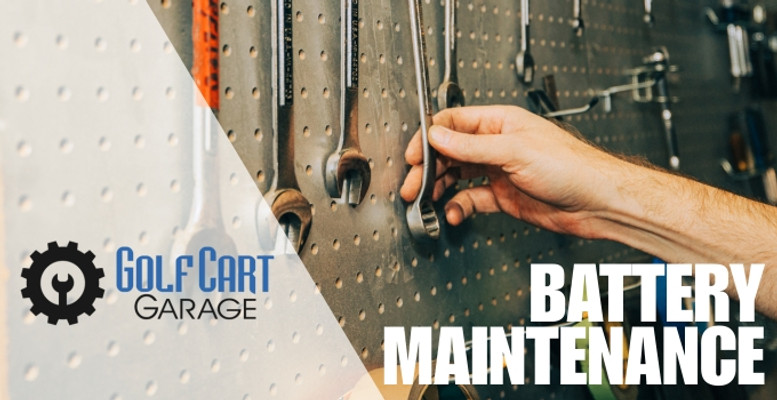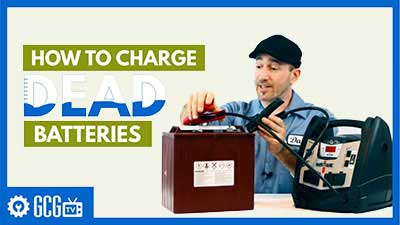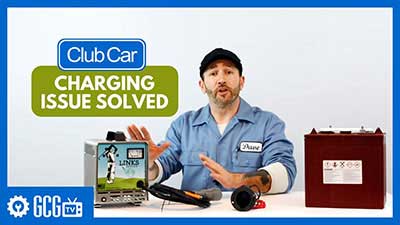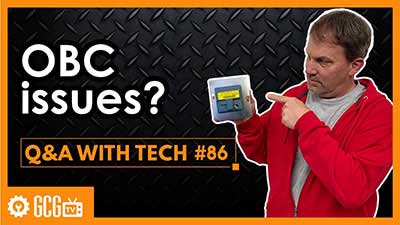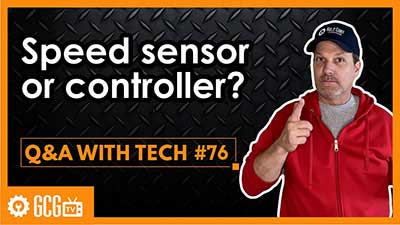7 Common Golf Cart Battery Maintenance Mistakes and How to Avoid Them
Electric carts, such as golf carts and utility vehicles, rely on their battery packs for efficient, reliable operation. However, many owners make critical mistakes that shorten battery lifespan, reduce performance, and lead to costly replacements. Below is a consolidated guide to the most common battery maintenance errors and the correct practices to ensure long-lasting, optimal performance.
Appropriate course of action:
- Maintain lead acid batteries at about 80% capacity during long-term and short-term storage to preserve its health.
- For lithium or AGM batteries, recharge after every use to prevent deep discharges, which can harm battery health.
- Neglecting Water Levels in Lead-Acid Batteries
Lead-acid batteries require distilled water to maintain the electrolyte solution, as water evaporates during charging. Many owners forget to check water levels or mistakenly use tap water, which contains minerals and impurities that coat battery plates, reducing capacity and lifespan.
Appropriate course of action: Check water levels monthly, or more often in hot weather or heavy use. Use only distilled water, filling to just above the plates (about 1/4 inch below the fill tube) after a full charge to avoid overfilling.

Make your job easier by using our Battery Water Fill Bottle.
- Assuming lead acid Batteries Are "Set and Forget"
Some owners treat batteries like a car's gas tank, assuming they need no attention beyond charging until they fail. This neglect leads to issues like corroded terminals, loose cables, or dirty battery cases, which cause power loss, slow charging, or overheating.
Appropriate course of action:
-
- Inspect batteries regularly.
- Clean terminals with a wire brush and a Golf Cart Battery Cleaner to neutralize acid and remove corrosion.
- Ensure cable connections are tight and keep battery surfaces clean and dry to prevent short circuits or slow discharge.
- Using an Incompatible or Outdated Charger
A mismatched or faulty charger can undercharge or overcharge batteries, causing incomplete charges, overheating, or permanent damage. Many owners use generic or outdated chargers without considering their battery pack's specifications.
Appropriate course of action:
Use a charger designed for your battery type (lead-acid, AGM, or lithium) and voltage (e.g., 36V or 48V). Opt for a smart charger with automatic shut-off and adaptive charging profiles to prevent overcharging and optimize battery health.
Golf Cart Garage is the #1 Source for Golf Cart Battery Chargers online! View our selection here.
- Allowing Deep Discharges Regularly
Running batteries to empty, especially lead-acid types, significantly reduces their lifespan. Even lithium batteries can suffer from repeated deep discharges.
Appropriate course of action: Recharge batteries after every use, even for short trips, to prevent sulfation in lead-acid batteries and maintain lithium battery health.
- Charging in Poorly Ventilated Areas
Charging generates heat and, for lead-acid batteries, hydrogen gas, posing safety risks in enclosed spaces like garages or sheds. This can also lead to battery overheating.
Appropriate course of action: Charge in a well-ventilated area, ensuring airflow and avoiding ignition sources if charging indoors.
- Misunderstanding "Maintenance-Free" Batteries
Owners of carts with sealed AGM or lithium batteries often assume they require no care. While these batteries don’t need water, they still require attention to connections, corrosion, and, for lithium systems, Battery Management System (BMS) software updates.
Appropriate course of action: Check cables and terminals for corrosion or looseness every few weeks, keep the battery area clean, and ensure lithium BMS software is up to date.
In conclusion, proper battery maintenance requires consistency and attention to detail but is not overly complex. By avoiding these common mistakes—overcharging, neglecting water levels, ignoring inspections, using improper chargers, allowing deep discharges, charging in enclosed spaces, and misunderstanding maintenance-free batteries—you can extend battery life, improve cart reliability, and save significant costs on replacements. Treat your batteries with care, and they’ll power your cart efficiently for years.
Looking to replace your batteries? You've come to the right place! View our selection below:
- Lead-Acid Batteries: Trojan, Crown
- Lithium Batteries: Eco Battery, Allied Lithium, Dakota Lithium
 Available M-F, 9-5PM ET |
Available M-F, 9-5PM ET | 



